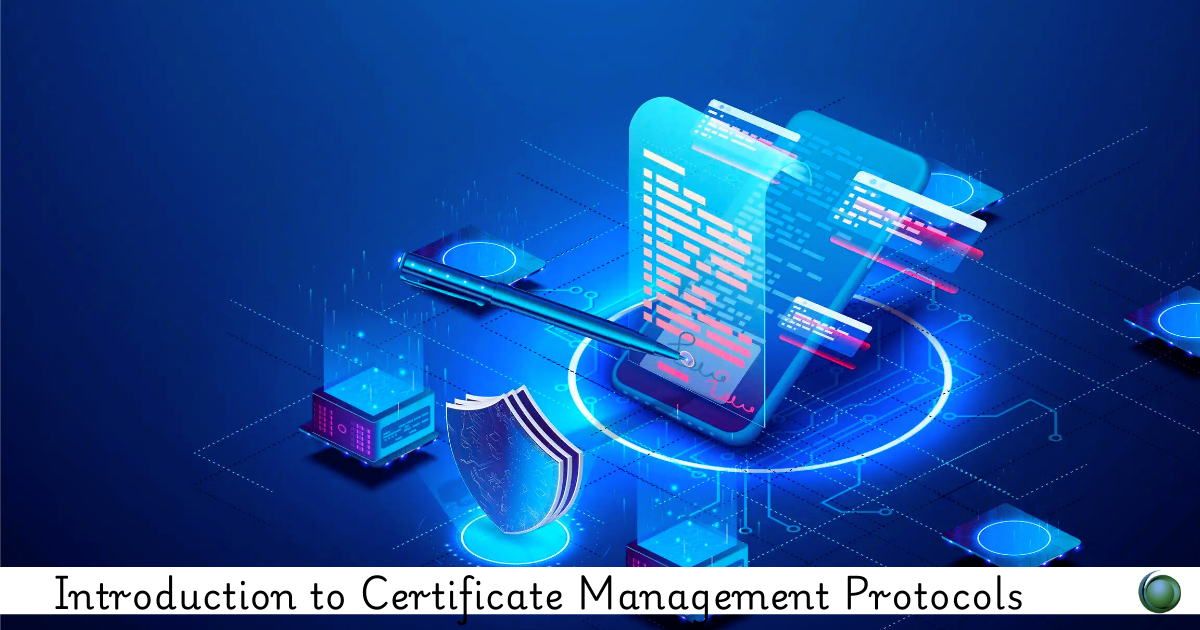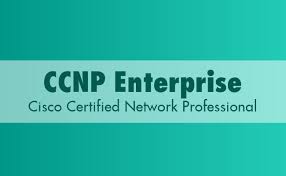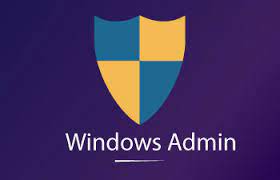Description
Introduction of CCNA certification
The Cisco Certified Network Associate (CCNA) certification is an entry-level credential that validates the knowledge and skills necessary to install, configure, and troubleshoot networking devices in small to medium-sized networks. This comprehensive training prepares individuals for the CCNA exam by covering key networking topics, including IP addressing, security fundamentals, routing and switching protocols, and network management tools. The CCNA certification serves as the foundation for more advanced networking certifications and enhances your career prospects in the networking field.
Prerequisites of CCNA certification
- Basic understanding of computer networks and network devices.
- Familiarity with IP addressing concepts, including IPv4 and IPv6.
- Some hands-on experience with basic networking equipment (routers and switches) is recommended.
- No formal prerequisite certification is required, but basic IT knowledge is beneficial.
Table of Contents
- Introduction
1.1 Overview of CCNA Certification
1.2 Importance of CCNA in Networking Careers
1.3 Who Should Take This Training? - CCNA Exam Overview
2.1 Exam Requirements and Structure
2.2 Key Topics Covered in the Exam
2.3 Recommended Study Resources and Materials - Networking Fundamentals
3.1 Introduction to Networking and Network Types
3.2 OSI and TCP/IP Models
3.3 IP Addressing and Subnetting Concepts - Network Access
4.1 Basic Switch and Router Configuration
4.2 VLANs and Inter-VLAN Routing
4.3 Access Control Lists (ACLs) and Port Security - IP Connectivity
5.1 Routing Protocols Overview: RIP, OSPF, and EIGRP
5.2 Configuring Static and Dynamic Routing
5.3 Understanding Routing Tables and Path Selection - IP Services
6.1 DHCP, DNS, and NAT Configuration(Ref: WINDOWS ADMINISTRATION PROGRAM)
6.2 NTP and SNMP for Network Management
6.3 Quality of Service (QoS) Concepts - Security Fundamentals
7.1 Introduction to Network Security
7.2 Configuring Basic Firewall and VPNs
7.3 Securing Network Devices and Communications - Automation and Programmability
8.1 Overview of Network Automation Concepts
8.2 Introduction to Network Programmability with Python
8.3 Cisco DNA Center and Software-Defined Networking (SDN) - Troubleshooting and Network Management
9.1 Troubleshooting Tools and Methodologies
9.2 Common Network Issues and How to Resolve Them
9.3 Monitoring and Managing Network Devices - Preparing for the CCNA Exam
10.1 Exam Structure and Question Types
10.2 Study Plans and Timelines
10.3 Practice Exams and Test-Taking Strategies - Conclusion
11.1 Recap of Key Learnings
11.2 Benefits of CCNA Certification
11.3 Next Steps After CCNA Certification
Conclusion:
The CCNA certification is a powerful stepping stone for those pursuing a career in networking. It provides you with the fundamental knowledge and practical skills needed to configure and troubleshoot network systems. By completing this training and achieving the CCNA certification, you’ll be prepared for a variety of roles in IT support, network administration, and cybersecurity. The CCNA certification opens doors to further specialization and career advancement in the ever-growing field of networking.
Locus Academy has more than a decade experience in delivering the training/staffing on CCNA Cerification for corporates across the globe. The participants for the training/staffing on CCNA Cerification are extremely satisfied and are able to implement the learnings in their on going projects.







Reviews
There are no reviews yet.